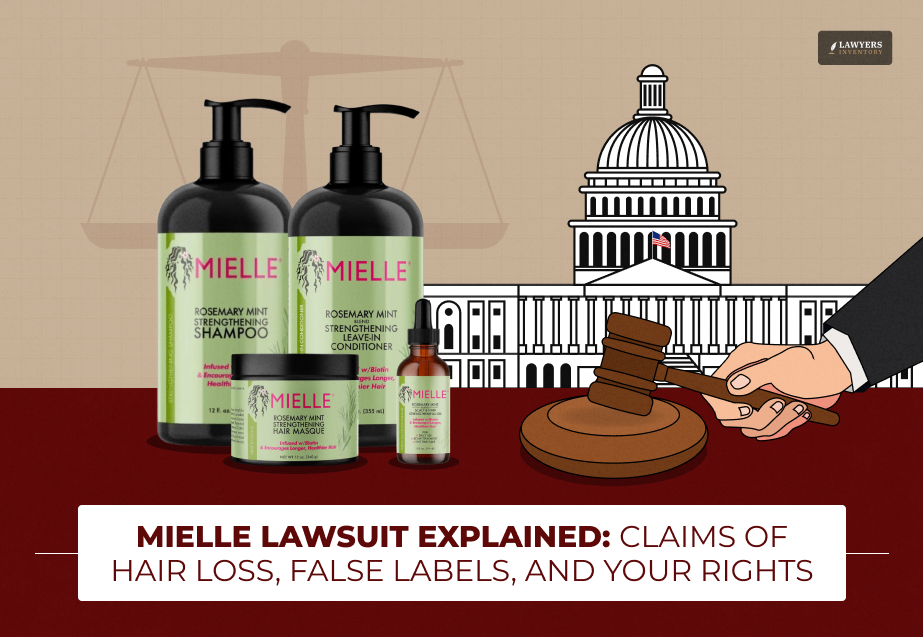
Mielle Organics, a giant company in natural hair, is currently in intense legal scrutiny. The origin of the controversy is the Mielle Lawsuit, a collection of class action suits filed by customers. The suits center on two major claims.
a. That some Mielle items cause hair loss.
b. Also, that the corporation has fraudulent marketing practices, namely on “natural” and “Made in the USA” labels.
The primary product in question is the very widely used Rosemary Mint Scalp & Strengthening Hair Oil. The consumers are understandably confused and worried. In this article, we bring you complete, correct, and current news regarding the Mielle Lawsuit.
We also talk about allegations, the court process, and what can be done if you have purchased the products.
The Heart Of The Matter- Two Central Lawsuits
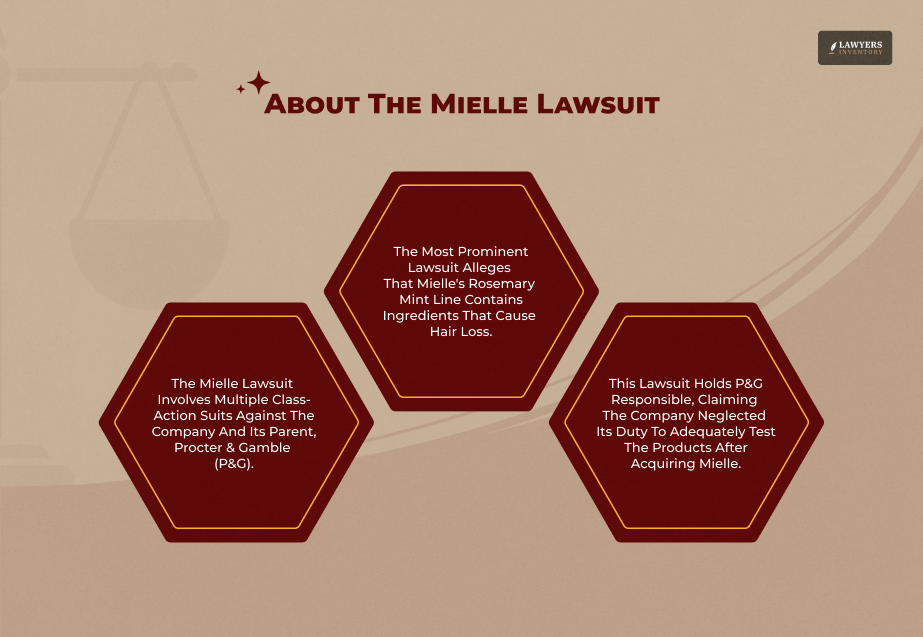
The parent company of Mielle Organics, Procter & Gamble (P&G), has a legal issue built on independent but intertwined sets of allegations.
The allegations are the core of the Mielle Lawsuit.
1. The Mielle Hair Loss Lawsuit
The Gomes v. Mielle Organics case is the most severe and critical part of the Mielle Lawsuit.
The Claim: Plaintiffs like Georgina Gomes allege the following.
According to Top Class Actions, Mielle Organics Rosemary Mint Scalp & Strengthening Hair Oil and other items in the line contain ingredients that cause the following:
- Hair loss.
- Thinning.
- Scalp irritation.
- Sores.
2. Mielle Hair Oil Lawsuit- The Allegation of Failure to Warn
The suit alleges that Mielle and P&G misrepresented the product as safe and effective to assist in strengthening hair.
They did not properly test the products and failed to disclose the danger of hair loss to consumers in the label or marketing materials.
Legal Basis
The lawsuit asserts negligence, fraud, and violation of state consumer fraud statutes claims. Plaintiffs assert no reasonable consumer would pay for a hair strengthening product that results in hair loss.
3. The Mielle Misleading Marketing Lawsuit
In the Allen v. Mielle Organics case, independent claims address the company’s product labeling and advertising.
Abuse Of “Made in the USA”
A complaint, which had been filed by Sharon Allen, alleged Mielle had falsely advertised its products as “Made in the USA.”
The complaint indicated that key ingredients, i.e., certain oils, were imported into the country, which violated consumer expectations of domestically made products, according to The Fashion Law.
False “Natural” Representations
The charge in the Mielle Lawsuit is that the cosmetics are labeled “natural” when, in reality, they contain synthetic and chemically processed substances. Consumers are willing to pay more for “natural” makeup, so this is a case of consumer fraud.
Key Procedural Note
Many of the original individual complaints have been consolidated into multi-plaintiff class actions in courts such as the U.S. District Court for the Northern District of Illinois. Consolidation makes the Mielle class action process easier.
Mielle’s Defense And The Procedural Status
Want to learn more about the Mielle Rosemary Oil Lawsuit? We are here to talk about more allegations. Mielle and P&G will be required to vigorously defend themselves against the allegations in the Mielle Lawsuit.
Now, let us find out more defenses to this argument.
Lack Of Causation
One of the main defenses will be hard to make if the product actually caused hair loss. Hair loss can be caused by numerous factors, including heredity, nutrition, stress, hormonal imbalance, or other diseases.
Mielle will argue that plaintiffs cannot positively link the product to their injuries.
Proper Testing
The firms will likely assert they followed all trade standards and conducted proper meetings to confirm product security.
Formula Changes
Mielle openly denied formula changes since being purchased by P&G, which is an ongoing suspicion among consumers (centered in social media controversy and reporting (The Shade Room)).
Current Status Of The Mielle Class Action
The Mielle Lawsuit is still in the early stages of litigation.
Consolidation
The Gomes and other hair loss claims are being pursued as a consolidated multi-plaintiff complaint, which is seeking class action status. This is necessary before any mass trial or settlement.
“Made In The USA” Update
The “Made in the USA” lawsuit (Allen v. Mielle) was dismissed voluntarily (The Fashion Law). That is, the plaintiff voluntarily dismissed said filing.
But the charges of false labeling have the habit of lingering and can be refiled or utilized in other pending cases.
Discovery Phase
Lawyers on both sides are involved in “discovery.” This is a process of exchanging information, deposing witnesses, and gathering evidence, such as internal safety reports, consumer complaint data, and test results.
Read Also: Depo Provera Lawsuit: Updates About the Brain Tumor Lawsuit Against Pfizer
Legal Standards And Precedent Cases
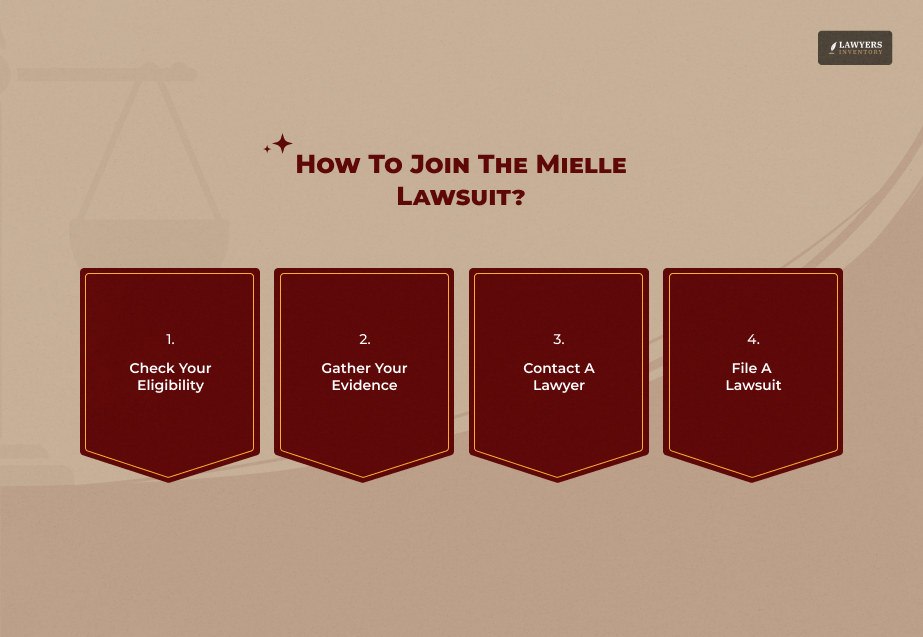
The Mielle Lawsuit is not alone. It is part of a recognizable pattern of cosmetics and consumer product litigation.
FTC And Labeling Standards
Federal law is strict when it comes to marketing claims.
“Made In The USA”
The FTC is clear. A product with the “Made in USA” label must have the following.
- “all or nearly all” ingredients made in the U.S.
- If Mielle products do include foreign-sourced materials, including tea tree oil or coconut oil as main ingredients, the Mielle Lawsuit on labeling might be valid (The Fashion Law).
“Natural” Claims”
While “natural” lacks a formal FDA definition, the FTC could deem an unqualified claim deceptive if the product contains high concentrations of synthetic ingredients.
Comparison To The Wen Hair Care Lawsuit
The legal history supplies an important precedent: the Wen Hair Care class action. That suit, similarly claiming hair loss caused by a hair product, settled for a big sum.
This is proof that suits over hair products, whilst difficult to establish causation, are a very real threat to manufacturers. The Mielle Lawsuit will most likely follow the same procedural process.
What You Can Do If You Bought Mielle Products
If you purchased the Rosemary Mint Scalp & Strengthening Hair Oil or other items in the line, you have some actions to take, even if you did not experience symptoms.
Immediate Symptomatic Consumer Action
What steps can you take as a consumer? Well, let’s find out.
- Stop Use Immediately: Do not resume use of the product.
- Document Everything: Take pictures of your hair, scalp, and balding or irritation, if any. Take pictures of the product packaging, including the barcode and lot number.
- Save Receipt: Don’t throw away the bottle or your receipt. This is crucial evidence for the Mielle class action.
- Get Medical Care: See a dermatologist to get a medical diagnosis for your hair loss. Medical records are crucial in order to prove causation in the Mielle Lawsuit.
Action For All Consumers
What actions can all consumers take? Well, let’s find out.
- Document Purchase: Find receipts or bank/credit card records showing you bought the Mielle product.
- Monitor Case Status: No existing claim form or formal settlement is available as of now. You have to monitor the status of the Mielle Lawsuit from authentic legal news websites.
- Contact Legal Counsel: If you are injured, contact a law firm that specializes in product liability or class action suits to safeguard your rights.
Read Also: MaryRuth Organics Lawsuit- Legal Analysis, Recalls, And Consumer Impact
Mielle Organics Lawsuit – Relevant FAQs:
Mielle Lawsuit is a complex, multi-faceted case, comprising serious injury claims along with claims of false advertising.
The Mielle Organics and P&G lawsuit is ongoing but at a sluggish pace. Consumers must remain vigilant, be aware of their health, and meticulously document any purchase or injuries caused by the product.
The only product involved in the Mielle Lawsuit claims of hair loss is the Rosemary Mint Scalp & Strengthening Hair Oil. The consolidated complaint included the Rosemary Mint Strengthening Shampoo and Conditioner.
The misrepresentation (for instance, “Made in the USA,” “natural”) claims generally apply to a greater percentage of the Mielle Organics product line that utilizes those same words.
You should save your receipts and packaging on your products. The Mielle class action is suing for damages on behalf of everyone who purchased, not only those who got harmed.
This would entail consumers paying too much due to allegedly misleading advertising (“natural,” “Made in the USA”) and still being potentially subject to recovery if the case settles. Watch the court dockets for class certification and formal notice of the Mielle Lawsuit.
For the hair loss claim, plaintiffs need expert testimony to prove causation. Causation can be through a product ingredient that damages it, and not something outside the product. Plaintiffs will request Mielle’s internal test reports and consumer complaint files.
For the false labeling claims, the evidence will focus on ingredient testing, material purchasing, and FTC rules for “Made in the USA” and “natural” statements.






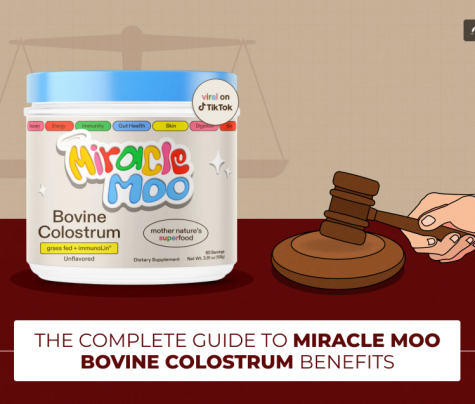
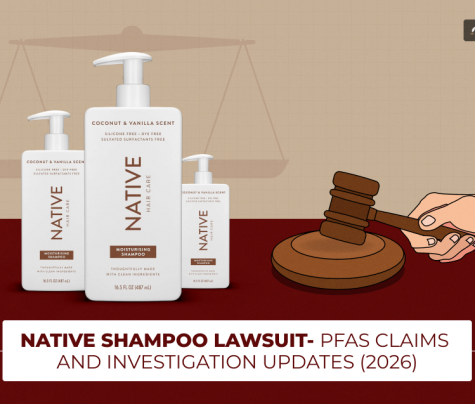




0 Reply
No comments yet.